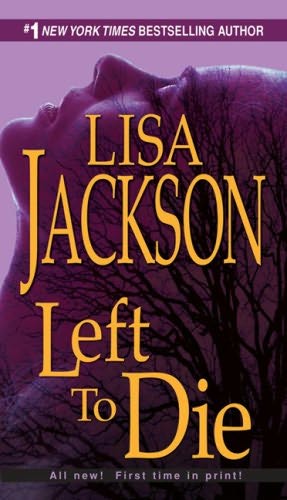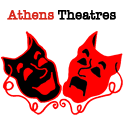
BOOK: "Remember Me?" by Sophie Kinsella


Every time I go to the grocery store, I forget where I park my car, so I can’t even begin to imagine the stress of forgetting a few years of my life. In her latest novel, Remember Me?, New York Times Bestselling author Sophie Kinsella takes us into the newly complicated world of London native and
 Deller Carpet’s employee Lexi Smart.
Deller Carpet’s employee Lexi Smart.Twenty-eight-year-old Lexi wakes up after a severe injury to the head to find that she has suffered from retrograde amnesia and has forgotten the past few years of her life. After panicking about the situation, she quickly learns that her newfound glamorous life is nothing like she remembers.
As a girl who was once awkward, dating losers, and in a low-end job, Lexi now finds herself thrown into a storybook marriage surrounded by wealth, power and high-end living with not the slightest clue of what to make of it.
Every day she learns more about her current life through the people she meets and supposedly knows already. She can’t help but wonder what events she has forgotten that have molded her into the drastically different person she is now.
Every page is more enticing as she draws closer to regaining her lost memory. The people of her past give her clues that help her unfold, and unravel, the life she once had.
Lexi’s Cinderella story is jolted by confessions of “strangers” and deceitful actions of family, co-workers and “friends” seemingly set on bringing her down from her high-power profession and posh lifestyle. Her frustration builds as the people closest to her expect her to know everything about her life. She finds herself struggling to understand what is really true, who her real friends are and what has made her become someone she is not proud of.
Through heartbreaking realizations she finds the strength to overcome her family’s clouded past, a failing job, out-of-touch friends and a tangled love life. Her progression throughout the story is not only unpredictable, it is inspiring.
In the end, Lexi’s life becomes everything worthy of a modern-day fairy tale, only this was one fairy tale she couldn’t have dreamed up if she tried.
Kinsella’s ability to capture the struggles of amnesia through the life of a well-intentioned young woman is enough to make any heart bleed with sympathy. Her witty and sometimes crude British jargon may be unfamiliar at first, but never hinders the pace or the reader’s understanding of the novel.
She is able to interject relatable humor into Lexi’s stark realizations about pop culture (“I can’t get over this. Jennifer and Brad are divorced. The world is a different place,” “I can’t help gasping. ‘There’s a sixth Harry Potter?’”) as well as her awkward reintroduction into refined environments (“The sound of breaking glass interrupts my thoughts. I stop twirling in horror. Somehow I accidentally caught my hand on a glass leopard that was leaping through the air on a display shelf. Now it’s lying on the floor in two pieces.”).
Don’t be surprised if you find yourself day dreaming about even the smallest things that you would miss from your life if you were the one in Lexi’s shoes.
I was gripped by each page, hoping and praying that Lexi’s amnesia would be gone and all of her confusion would be cleared. I felt for her as she went through all her ups and downs. When her husband Eric was compassionate, I felt her excitement and when mystery man Jon entered a room, I felt her tension.
I wanted to yell and cry with her when her co-worker Byron was overheard bad mouthing her in the hallway. Every word drew me into her chaotic life more, which I feel is a great talent on behalf of the author. I could barely drag myself away from the pages as each chapter ended with a dramatic turning point or a new glimpse of truth. Lexi was just that girl everyone wants to be, the ugly duckling turned beauty queen.
Kinsella above all teaches an important life lesson to women of every age about finding the things in life that make you happy while still allowing you to stay true to yourself. As for me, I may not be finding my car in the parking lot anytime soon, but I will undoubtedly find my way back to the bookstore to indulge in more of Sophie Kinsella’s captivating work.
Shopaholic Takes Manhattan by Sophie Kinsella
Can You Keep a Secret? by Sophie Kinsella
The Undomestic Goddess by Sophie Kinsella
Interview with the author:

































